“Ammonium Carbonate AR 500gm” has been added to your cart. View cart
Potassium Lactate
$2,500.00 Original price was: $2,500.00.$2,300.00Current price is: $2,300.00.
Whatsapp Order
SKU:
ACS45412CHEM0
Category: Analytical Reagents
Description
Potassium lactate is a salt formed from potassium and lactic acid. It is commonly used as a food additive, particularly as a preservative, acidity regulator, and humectant. In food processing, it helps extend shelf life by inhibiting the growth of bacteria, especially in meat and poultry products. It also assists in maintaining moisture, improving texture, and enhancing the flavor profile. Additionally, potassium lactate has applications in cosmetics, where it’s used for its moisturizing properties.
Reviews (0)
Be the first to review “Potassium Lactate” Cancel reply
Related products
Acetic Acid 2.5litre
Acetic acid is an organic acid with the chemical formula CH3COOH, also known as ethanoic acid. It is a colorless liquid with a pungent, sour taste and a distinctive vinegar-like odor. Acetic acid is an important industrial chemical used in the production of various products, including solvents, plastics, textiles, and food additives. It is also the main component of vinegar, which is commonly used as a condiment and preservative in cooking and food preparation.
Aceto Carmine 100 ml
Aceto carmine is a staining solution used primarily in microscopy to highlight cellular components. It is a mixture of carmine dye and acetic acid. Here’s an overview of its properties, preparation, and uses:
Properties
- Color: Red to purplish-red.
- Solubility: Soluble in water and ethanol.
- Staining Characteristics: Stains chromatin and cytoplasmic components, providing contrast for better visualization under a microscope.
Preparation
- Ingredients:
- Carmine dye: A natural red dye extracted from the cochineal insect.
- Acetic acid: A colorless liquid organic compound with a pungent smell.
- Procedure:
- Dissolve a specific amount of carmine powder in hot distilled water.
- Add glacial acetic acid to the solution.
- Filter the mixture to remove any undissolved particles.
Agar Agar Powder
Agar agar powder refers to the dehydrated and powdered form of agar agar, a natural gelling agent derived from seaweed. It is made by drying and grinding the agar agar gel, resulting in a fine powder with excellent gelling properties. Agar agar powder is commonly used in cooking, baking, and food preparation as a vegetarian and vegan substitute for gelatin. It is prized for its ability to create firm and stable gels at relatively low concentrations and temperatures. Agar agar powder is versatile and can be used in a variety of recipes, including desserts, confectioneries, jams, jellies, and savory dishes.
Aluminum Potassium Sulphate 500gm
Aluminum Potassium Sulphate, commonly known as potassium alum or potash alum, is a chemical compound with the formula KAl(SO₄)₂·12H₂O. It is a type of alum, a double sulfate salt, and is typically found in its dodecahydrate form. Here are some key points about this compound:
Physical Properties:
- Appearance: Colorless, transparent crystals or white powder.
- Solubility: Soluble in water but insoluble in alcohol.
- Melting Point: Decomposes at high temperatures before melting.
Chemical Properties:
- Molecular Formula: KAl(SO₄)₂·12H₂O
- Molecular Weight: 474.39 g/mol (for the dodecahydrate form)
- Acidity: It is slightly acidic in aqueous solution.
Aluminum Sulphate 500gm
Aluminum sulfate, also known as alum, is a chemical compound with the formula Al2(SO4)3. It's commonly used in water treatment plants as a coagulant to clarify turbid or muddy water by causing suspended particles to clump together and settle out. In addition to water treatment, aluminum sulfate has various other industrial applications, such as in paper manufacturing, dyeing, and as a mordant in textile dyeing to help fix dyes to fabrics.
Ammonium Carbonate AR 500gm
Ammonium Nitrate 500gm
Anhydrous Aluminum Chloride
Anhydrous aluminum chloride, often represented as AlCl3, is a chemical compound composed of aluminum and chlorine. "Anhydrous" means it lacks water molecules in its structure. It's a white or pale yellow solid that is highly hygroscopic, meaning it readily absorbs moisture from the air. This property makes handling it a bit tricky since it can form a solution with water vapor in the air, turning into a fuming liquid.


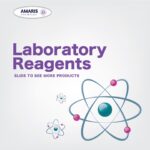
 LABORATORY EQUIPMENT & APPARATUS
LABORATORY EQUIPMENT & APPARATUS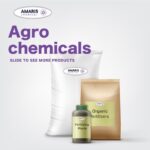
 Fertilizers
Fertilizers Plant Growth Regulators
Plant Growth Regulators Soil Conditioners
Soil Conditioners Animal Feed Additives
Animal Feed Additives Biostimulants
Biostimulants Dough Conditioners
Dough Conditioners Flour Treatments
Flour Treatments Fat Replacers
Fat Replacers Preservatives (baking)
Preservatives (baking)
 Surfactants (cleaning)
Surfactants (cleaning) Builders
Builders Bleaching Agents
Bleaching Agents Enzymes
Enzymes Solvents (cleaning)
Solvents (cleaning) Fragrances
Fragrances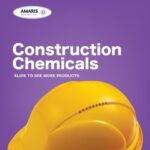

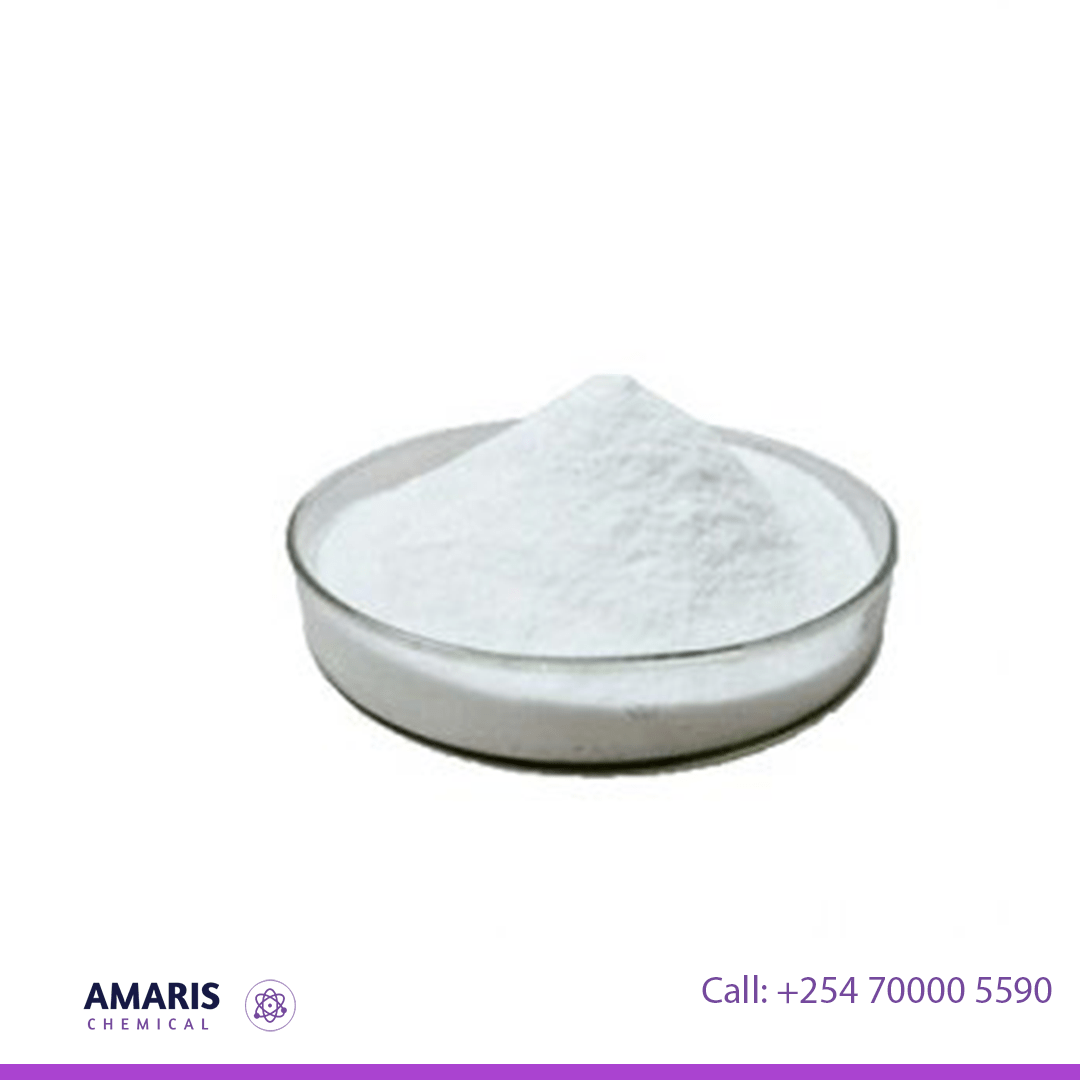
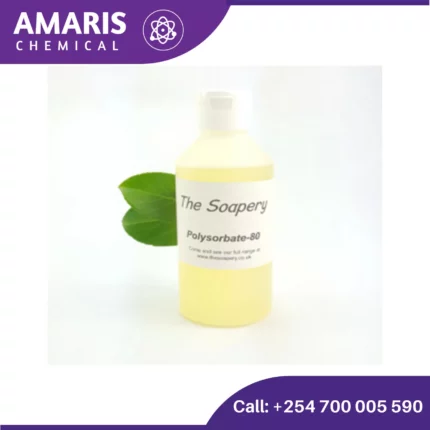
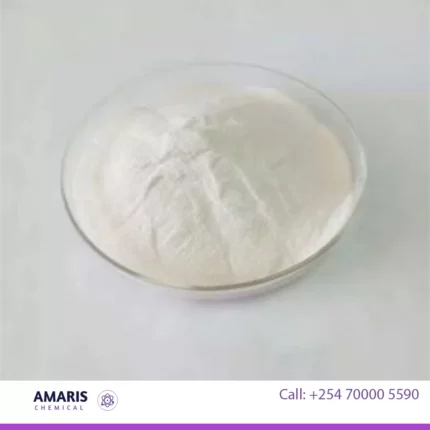
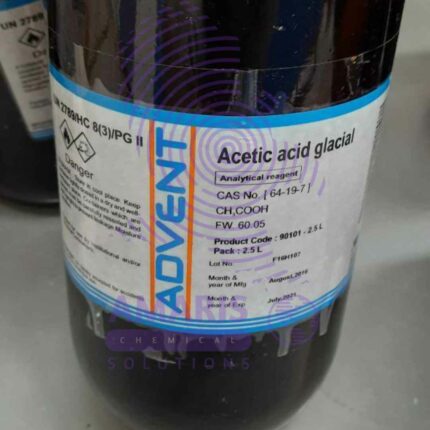
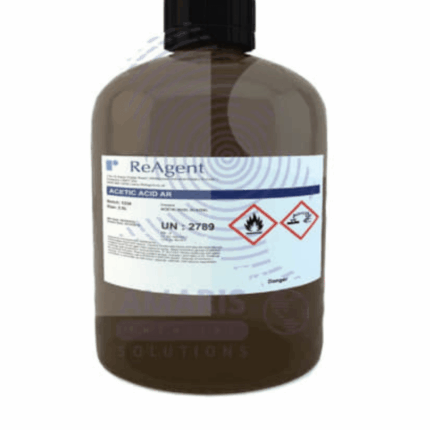
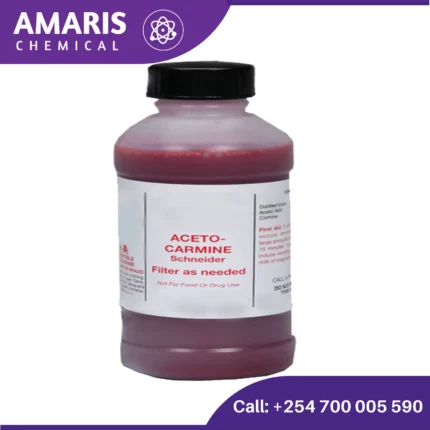
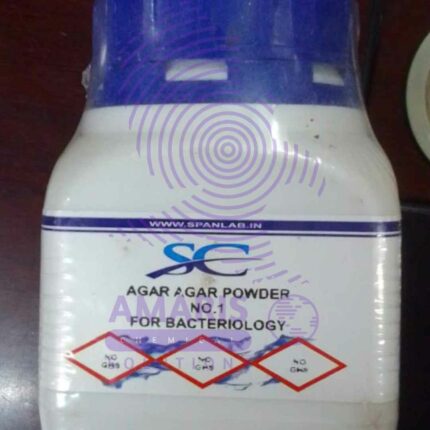
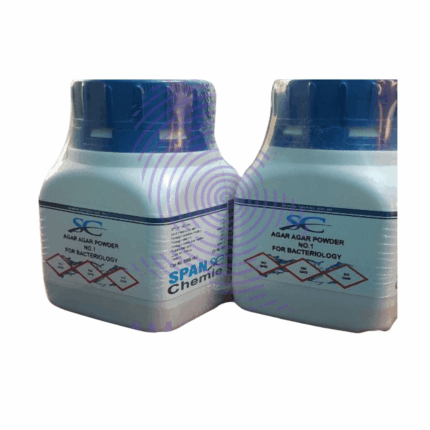

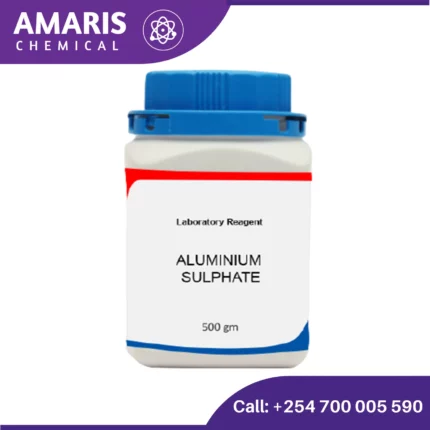
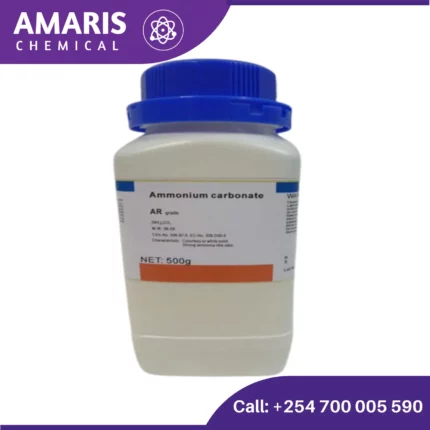
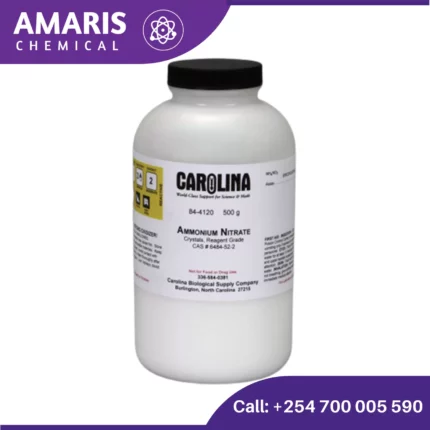
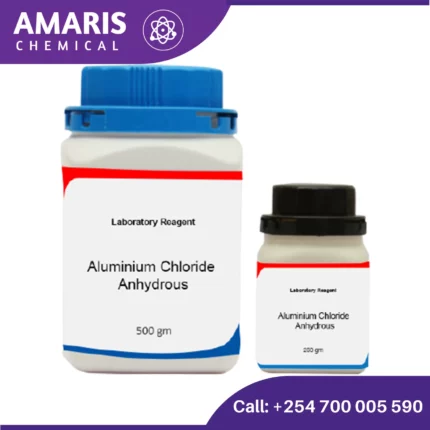













Reviews
There are no reviews yet.